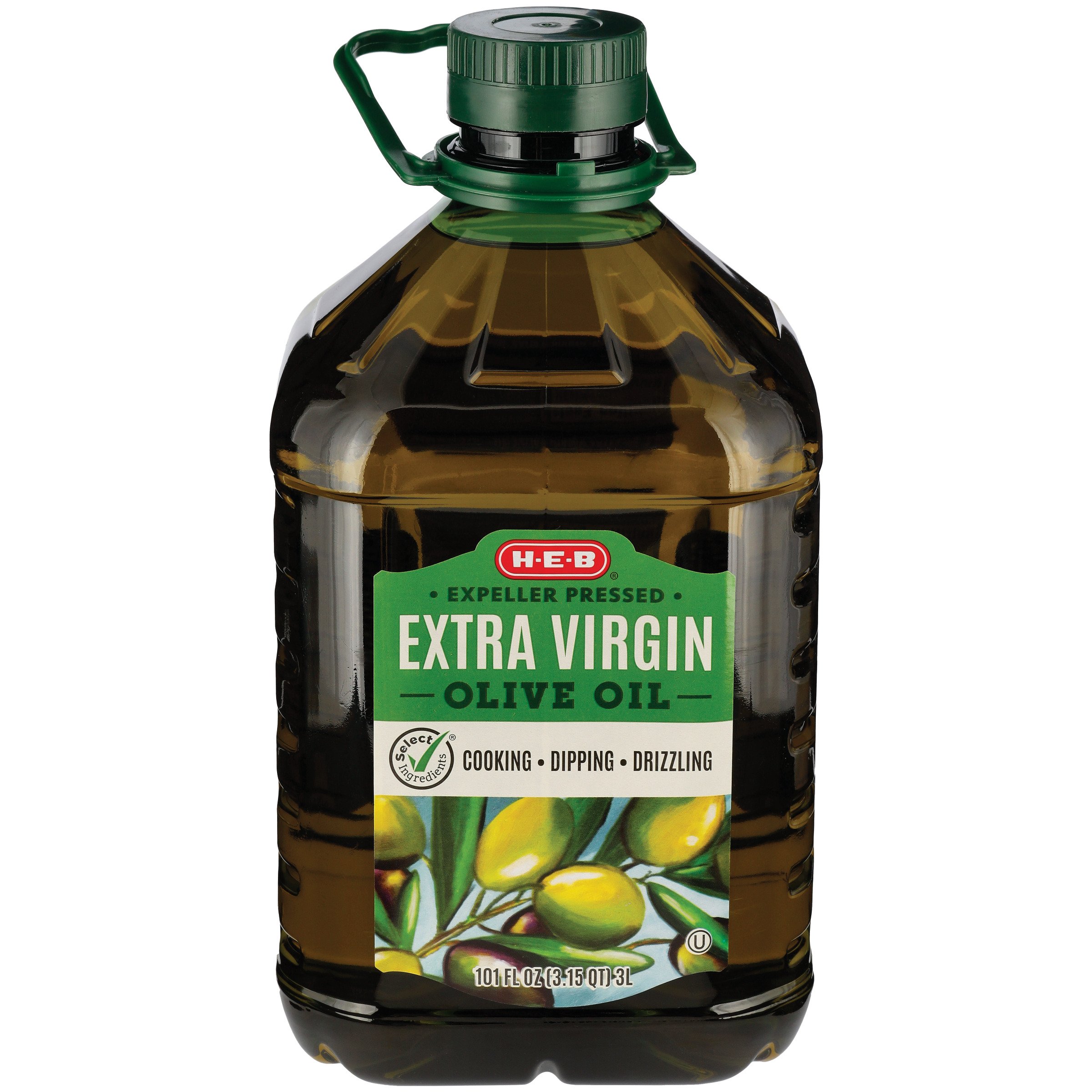Extra Virgin Olive Oil Benefits: How It Helps to Regulate Blood Sugar
Extra Virgin Olive Oil Benefits: How It Helps to Regulate Blood Sugar
Blog Article
Exploring the Different Kinds Of Olive Oil and Their Usages, Including Extra Virgin Olive Oil
The exploration of olive oil includes a diverse variety of kinds, each offering unique tastes and cooking applications. Bonus virgin olive oil, renowned for its premium high quality and wellness advantages, functions as a staple in lots of kitchens, yet it is just one element of this diverse component. extra virgin olive oil benefits. Other ranges, such as pure and polished olive oils, likewise require attention for their unique residential properties and uses. Comprehending these distinctions can significantly affect both food preparation strategies and taste profiles. What, then, should one think about when selecting the ideal olive oil for a certain culinary undertaking?
What Is Olive Oil?
Stemmed from the fruit of the olive tree, olive oil is a staple in Mediterranean food and an essential component in various cooking applications. This functional oil is produced by pushing whole olives, leading to a fluid that varies in flavor, fragrance, and color relying on the sort of olives used, the region of farming, and the extraction process. Olive oil is predominantly composed of monounsaturated fats, particularly oleic acid, which is known for its prospective health advantages, including anti-inflammatory properties and cardio assistance.
In addition to its cooking uses, olive oil has a long background of application in conventional medication and skincare, owing to its abundant antioxidant material (extra virgin olive oil benefits). The oil is frequently utilized in dressings, marinates, and for cooking methods such as sautéing and roasting. Its distinctive flavor account can enhance the taste of different recipes, making it a crucial component for both home chefs and professional chefs
Moreover, olive oil is commemorated for its function in the Mediterranean diet regimen, which is related to many wellness advantages. As recognition of these advantages expands, olive oil continues to acquire appeal worldwide as an essential part of a healthy and balanced way of life.
Sorts Of Olive Oil
Understanding the various kinds of olive oil is crucial for both cooking lovers and health-conscious consumers. Olive oil is categorized mostly based upon its removal method and quality, which considerably influences its wellness, scent, and taste benefits.

Light olive oil, in spite of its name, refers to a lighter taste and not lower calories. It is excellent for those looking for an extra subtle preference in dressings and marinates. In addition, there are flavorful olive oils infused with herbs, flavors, or citrus, which can boost meals without the demand for extra spices.
Each kind of olive oil serves particular culinary functions, and recognizing these distinctions permits customers to make informed options that align with their food preparation styles and wellness goals.
Additional Virgin Olive Oil
Additional virgin olive oil (EVOO) is commonly considered the best quality olive oil readily available, popular for its abundant taste and many health advantages. To be classified as additional virgin, the oil needs to be produced from fresh olives utilizing mechanical procedures, without the usage of solvents or excessive heat. This precise method maintains the oil's natural flavors, antioxidants, and healthy fats, leading to a product with a low acidity degree of much less than 0.8%.
EVOO is abundant in monounsaturated fats, particularly oleic acid, which is connected to minimized inflammation and enhanced heart health and wellness. It also contains polyphenols, effective anti-oxidants that may provide safety effects versus chronic conditions. The taste profile of why not find out more EVOO can vary substantially depending upon the olive selection and area of production, ranging from verdant and fruity to robust and sharp.

Culinary Utilizes of Olive Oil

In food preparation, olive oil can be utilized for sautéing, roasting, and grilling, offering a healthier alternative to butter or other fats. Its high smoke factor makes it appropriate for numerous cooking methods, while its anti-oxidants contribute to a heart-healthy diet plan. Showering olive oil over finished meals, such as pasta, fish, or barbequed vegetables, can elevate flavors and include a touch of beauty.
In addition, olive oil plays a substantial duty in baking, where it can replace typical fats in dishes for bread and breads, giving dampness and a refined taste. It additionally serves as a base for instilled oils, permitting chefs to try out tastes such as garlic, herbs, or chili, further expanding its culinary capacity. Overall, olive oil's convenience makes it crucial in both home and professional kitchens.
Picking High Quality Olive Oil
When choosing quality olive oil, it's crucial to think about a number of vital variables that affect the product's aroma, flavor, and health and wellness benefits. Choose for additional virgin olive oil (EVOO), which is derived from the very first chilly pressing of olives and consists of the highest degrees of anti-oxidants and valuable substances. Try to find oils that are certified by identified companies, as this recommended you read typically ensures adherence to stringent quality criteria.
The packaging additionally plays a substantial role in preserving the oil's honesty. Select oils stored in dark glass bottles or tins to safeguard against light destruction. Pay attention to the harvest date; fresher oils supply superior flavor and nutritional value, so choose items that are within 18 months of their harvest.
In addition, think about the beginning of the oil. Premium olive oils often originate from details regions known for their distinctive flavor profiles, such as Italian, Spanish, or Greek oils. Be mindful of the taste; a great top quality olive oil ought to have an equilibrium of fruity, bitter, and sharp notes, showing its richness and complexity. By evaluating these factors, you can guarantee you are selecting the most effective olive oil for your cooking requirements.
Conclusion
In recap, the exploration of see this here different sorts of olive oil exposes distinct characteristics and applications, with additional virgin olive oil standing for the pinnacle of high quality because of its reduced acidity and high antioxidant web content. Its flexibility in culinary usages improves flavors in dressings, marinates, and sprinkles. Recognizing the various varieties of olive oil enables informed options in food preparation techniques, promoting healthier techniques while improving the general gastronomic experience. Quality selection stays essential for optimal advantages.
Acquired from the fruit of the olive tree, olive oil is a staple in Mediterranean cuisine and a crucial ingredient in different cooking applications.The most common types of olive oil include fine-tuned olive oil, pure olive oil, and light olive oil.Additional virgin olive oil (EVOO) is commonly regarded as the highest top quality olive oil offered, renowned for its rich flavor and many wellness advantages. Opt for added virgin olive oil (EVOO), which is derived from the very first cold pushing of olives and consists of the highest possible degrees of antioxidants and beneficial compounds.In summary, the exploration of various types of olive oil discloses unique characteristics and applications, with additional virgin olive oil representing the pinnacle of high quality due to its low acidity and high antioxidant content.
Report this page